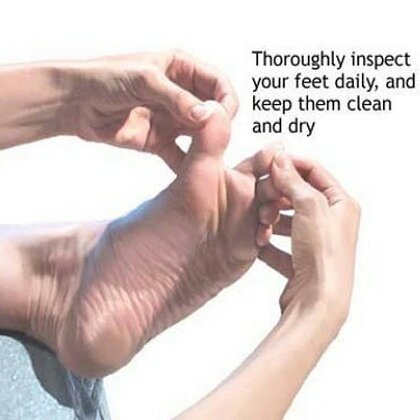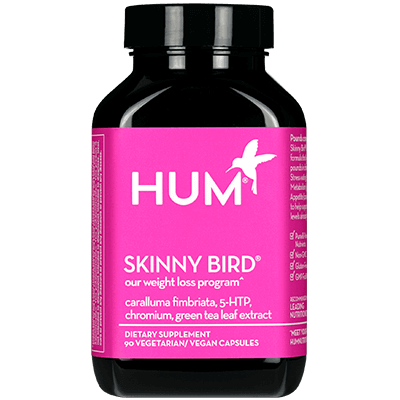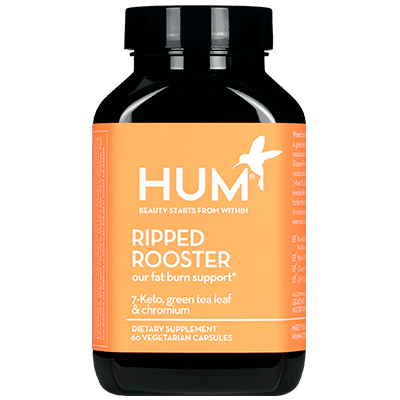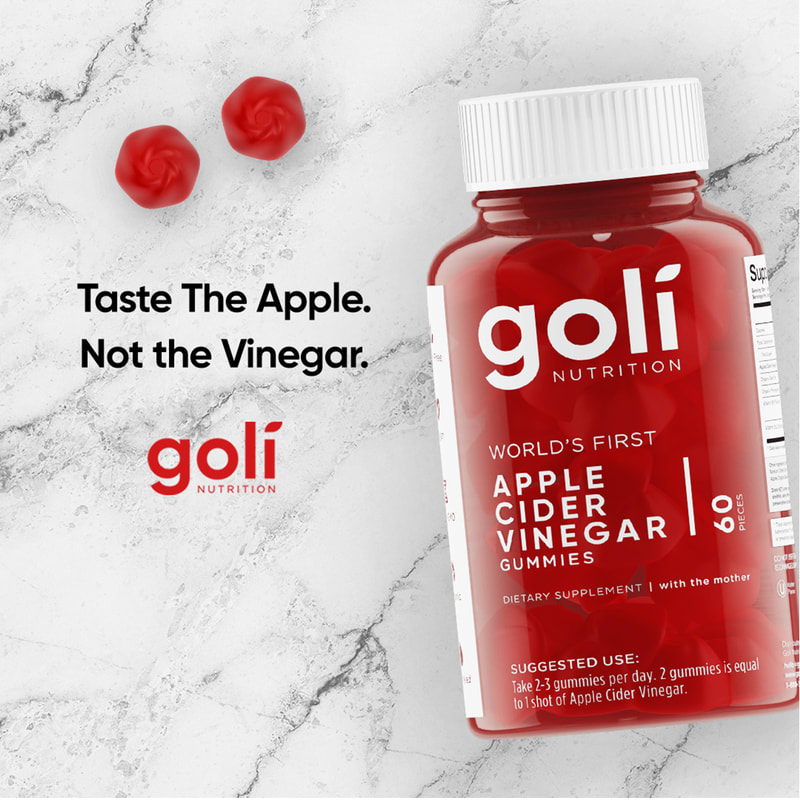1. Check your Feet Daily
Look at your feet every day for cuts, blisters, sores and swelling
Use a mirror to check the bottoms of your feet or ask a family member or friend for help if you have trouble seeing
2. Keep skin soft and smooth
Use cream on the top bottom of feet, avoid between the toes
3. Smooth corns and callouses gently
Use a light hand and pumice stone. Do NOT use sharp objects on corns and calluses
4. Wear shoes and socks at all times Do not walk barefoot.
Wear comfortable shoes that fit well and protect your feet that do not cause pressure or friction
5. See a Podiatrist
Diabetics should ask their primary care physician for a referral to a qualified podiatrist
A qualified Podiatrist can check your feet regularly and ensure they stay happy and healthy!














 RSS Feed
RSS Feed

